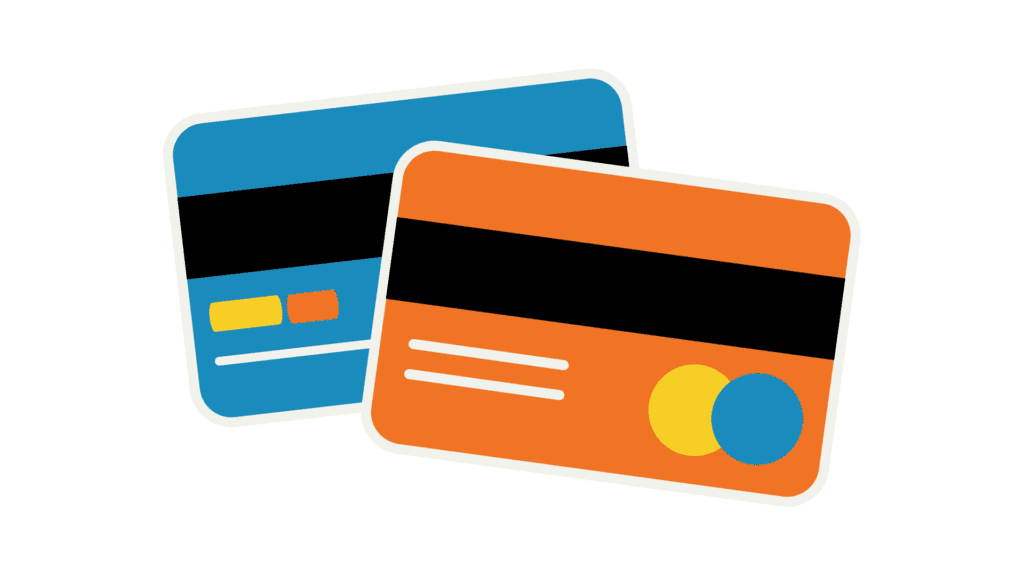How to Withdraw Money from Your HealthEquity HSA Card

Let’s talk about the most confusing piece of plastic in your wallet – your Health Savings Account card.
HSA Card Basics
Your HealthEquity HSA card is a Visa debit card that’s married to your Health Savings Account. Think of it like a regular debit card that went to medical school – it’ll only work for healthcare expenses.
Why do you need one? Because paying medical bills with pre-tax dollars is like getting a 30% discount on everything healthcare-related (the actual discount depends on your tax bracket, but you get the idea).
Related: Why did I get an Health Equity Visa card in the mail?
HSA Withdrawal Methods
You’ve got three ways to get your hands on that sweet, tax-free cash:
1. Direct Payment
Just swipe your card at the doctor’s office or pharmacy. It’s instant gratification for your medical needs.
But there’s a catch – you better be sure it’s a qualified medical expense. The IRS doesn’t have a sense of humor about people trying to buy groceries with their HSA card.
2. Online Reimbursement
This is for when you’ve already paid out of pocket. Maybe you forgot your HSA card, or maybe you’re playing the long game (more on that clever trick later).
The process is pretty simple:
- Log into HealthEquity
- Find “Reimburse Myself”
- Upload your receipt
- Get paid
3. Paper Checks
Yes, these still exist. It’s like requesting your medical reimbursement via carrier pigeon, but some people prefer it.
HSA Rules and Regulations
Time for some real talk about the rules. Don’t worry, I’ll keep it less boring than your HSA provider’s pamphlet.
The Basics:
- Only use it for qualified medical expenses
- Keep your receipts (no, really, KEEP THEM)
- Under 65? Non-medical purchases get slapped with a 20% penalty
What’s “Qualified”? Pretty much anything that fixes or prevents a medical issue:
- Doctor visits
- Prescriptions
- Dentist appointments (yes, that overpriced cleaning counts)
- Vision care
- Chiropractor visits
- Even some over-the-counter meds
What’s Not:
- Gym memberships (despite what your local fitness guru claims)
- Cosmetic surgery
- Diet food
- General toiletries
Smart HSA Strategies
Here’s where it gets fun – the stuff your HR person probably never told you about.
The Smartest HSA Hack Ever:
- Pay medical expenses out of pocket
- Keep those receipts
- Let your HSA money grow through investments
- Years later, reimburse yourself for those old expenses
Why? Because there’s no time limit on reimbursement. That means your HSA can be like a secret retirement account that grows tax-free. But it has to be spent on medical.
Think about it:
- Regular retirement accounts: Taxed going in or coming out
- HSA invested wisely: Never taxed (for medical expenses)
investment growth comparison chart (if this was a real image, it would show the power of compound interest in your HSA)
Common HSA Mistakes
Let’s learn from other people’s expensive lessons:
The “I’ll Remember That Purchase” Mistake: Narrator: They did not remember that purchase.
The “It’s Kind of Medical” Rationalization: Your protein powder might be healthy, but the IRS disagrees about it being medical.
The “I Don’t Need Records” Mindset: Until you get audited and have to explain five years of HSA withdrawals.
Investment Opportunities
Did you know you can invest your HSA money just like a 401(k)? Most people don’t, and they’re missing out big time.
Once you hit a minimum balance (usually $1,000), you can invest the rest in:
- Mutual funds
- Stocks
- ETFs
- Bonds
It’s like your HSA is secretly a superhero with dual identities:
- By day: Mild-mannered medical expense account
- By night: Tax-advantaged investment powerhouse
The Future of HSAs
Where is all this headed?
HSAs are getting smarter:
- Mobile apps that scan receipts
- AI that confirms eligible expenses
- Investment options that rival 401(k)s
- Better integration with health insurance
But the basic benefit remains: It’s still the only account that’s triple-tax-advantaged (no tax going in, growing, or coming out for medical expenses).
In summary Your HSA card isn’t just another piece of plastic – it’s your ticket to tax-free healthcare and potentially a huge retirement boost.
The key takeaways:
- Keep it medical
- Save those receipts
- Consider investing
- Think long-term
- Don’t buy pizza with it (no matter how therapeutic it might be)
